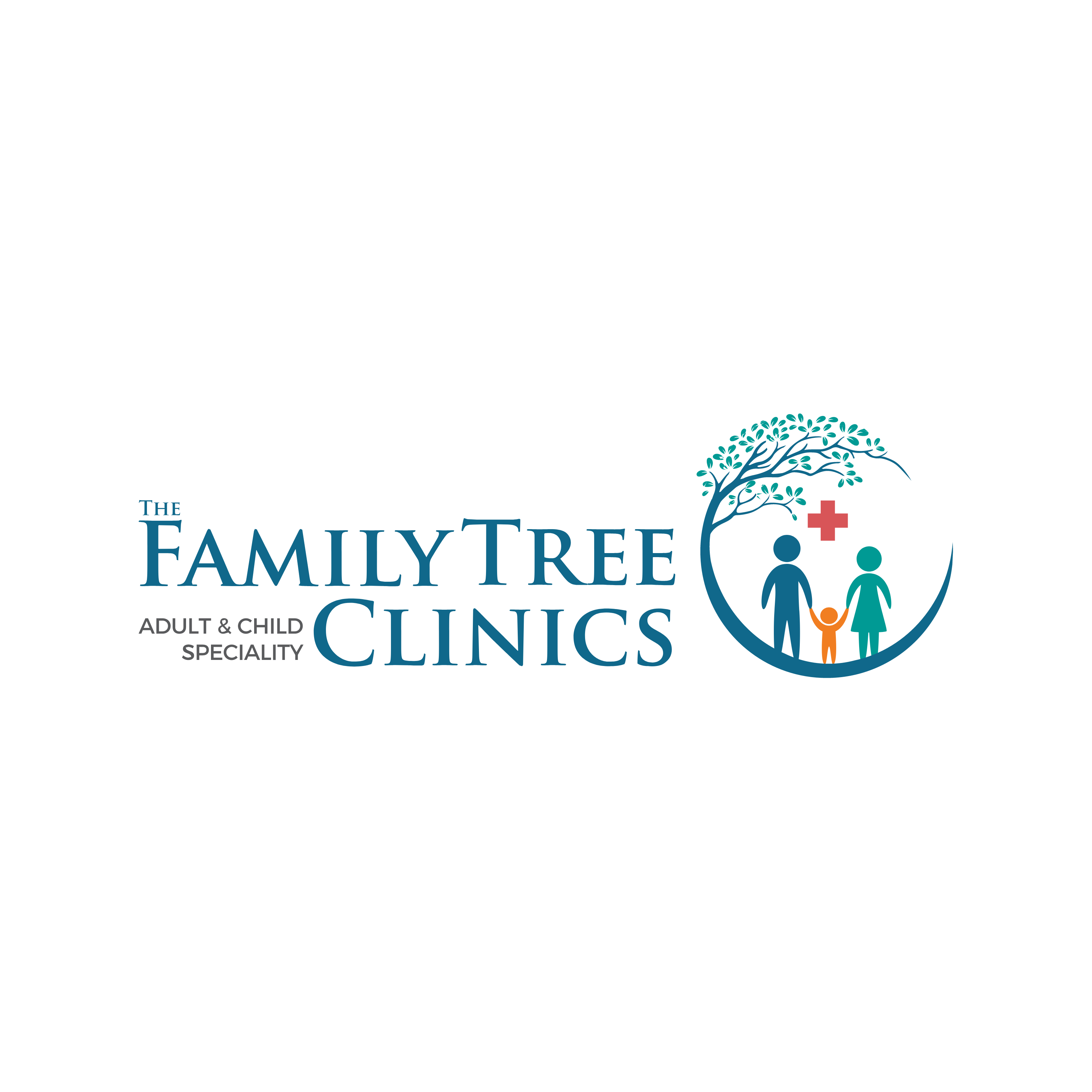Introduction: The Lifeline of Newborn Nutrition
Breastfeeding is universally acknowledged as the gold standard for infant nutrition. Exclusive breastfeeding, in particular, plays a pivotal role in the early life of a newborn. It not only provides essential nutrients but also fortifies the infant’s immune system and fosters a unique bond between mother and child.
Exclusive Breastfeeding Defined
Exclusive breastfeeding refers to the practice of feeding an infant only breast milk, without any supplementary liquids or solids, for the first six months of life. This method ensures that the baby receives optimal nutrition, immune protection, and emotional nurturing.
Nutritional Benefits: A Perfect Blend
Breast milk is a dynamic source of nutrition, tailored to meet the evolving needs of a growing infant. It contains:
Proteins: Vital for muscle and tissue development.
Fats: Crucial for brain development and energy.
Vitamins and Minerals: Essential for bone growth, neurological development, and overall health.
Antibodies: These combat potential infections and boost the infant’s immune system.
Emotional and Psychological Benefits: Beyond Nutrition
Breastfeeding is more than just a source of nutrition. It’s a bonding experience. The skin-to-skin contact and the closeness experienced during breastfeeding sessions foster a deep emotional connection between the mother and the baby. This bond can have lasting psychological benefits, promoting a sense of security and well-being in the child.
Health Benefits for the Infant
Exclusive breastfeeding offers a plethora of health benefits for the infant:
Reduced Risk of Infections: Breast milk contains antibodies that help the baby fight off viruses and bacteria.
Lowered Risk of Sudden Infant Death Syndrome (SIDS)
Decreased Chances of Developing Allergies and Asthma
Reduced Likelihood of Obesity: Breastfed babies have a better ability to regulate their food intake, leading to healthier weight gain patterns.
Benefits for the Mother
The advantages of exclusive breastfeeding extend to mothers as well:
Faster Postpartum Recovery: Breastfeeding releases oxytocin, which helps the uterus return to its pre-pregnancy size.
Reduced Risk of Breast and Ovarian Cancer
Natural Birth Control: Exclusive breastfeeding can delay the return of menstrual periods, acting as a natural contraceptive.
Economic Benefits: Breastfeeding is cost-effective, eliminating the need for expensive formula.
Challenges and Solutions
While the benefits of exclusive breastfeeding are manifold, some mothers may face challenges. These can include issues with latching, concerns about milk supply, or societal pressures. It’s essential to seek guidance from lactation consultants, pediatricians, or support groups to navigate these challenges successfully.
Conclusion: A Commitment to Health
Exclusive breastfeeding is a commitment to the health and well-being of both the in-fant and the mother. By understanding its importance and actively promoting its practice, we can ensure a healthier, happier future for our next generation.




